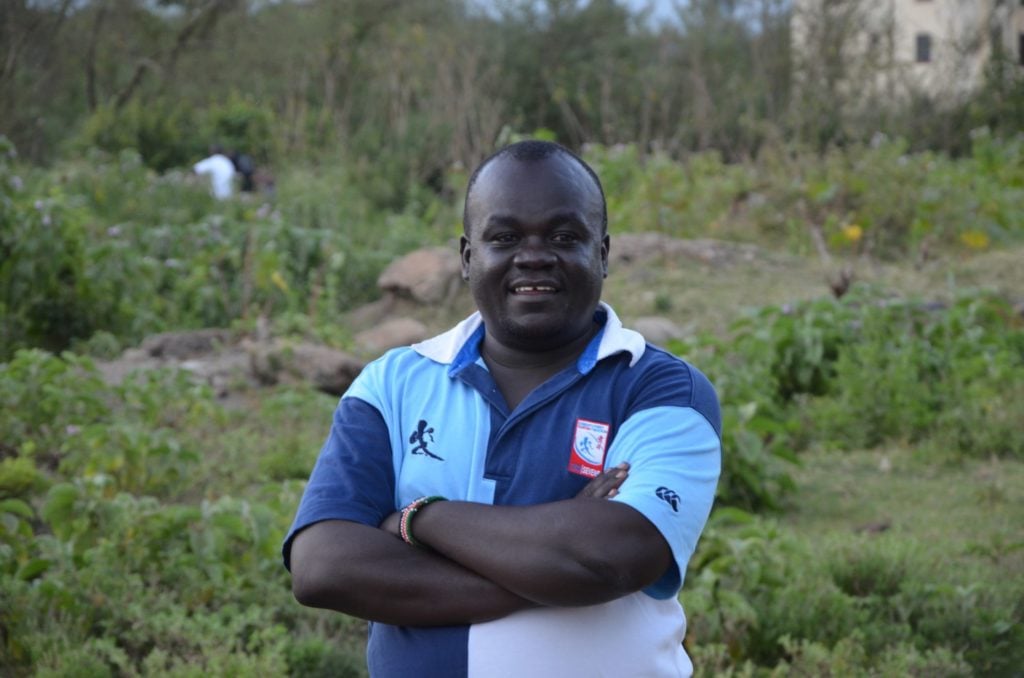Along the Great Nile, Alternatives to Too Much Hydropower
By: Waterkeeper Alliance
By Sharon Khan, Recruiting Director, and Gabrielle Segal, Office Manager.

The Nile, the world’s longest river, is vital to the survival of over 300 million people. Endowed with about one-third of the world’s fresh surface-water, the river has been, for millennia, the life source for grand and storied civilizations in an otherwise arid, almost unlivable desert.
But today the river, which flows south to north and spans 11 countries, is the scene of a major water crisis, with conflicts constantly erupting between nations around how the Nile River’s water is used. Most recently, warnings have been sounded of a potential water war between Egypt and Ethiopia, as the Grand Ethiopian Renaissance Dam nears completion on one of the Nile’s two main branches, the Blue Nile, where most of Egypt’s water comes from.
Working together across nations, they are forming a strong grassroots voice for the region, and advocating for safe, renewable energy sources.
Thus, it is alarming to see that the second of the six goals of the 10-year plan of the Nile Basin Initiative (NBI), a partnership of 10 Nile Basin countries for the sustainable management of the basin’s water, is to “enhance hydropower development.”
“For economic reasons and to remain attractive to state parties, there is an over-reliance in the 10-year plan on hydropower and multipurpose dams as investments,” says Kenya Lake Victoria Waterkeeper Leonard Akwany, Jr. He and his team have been advocating regionally for greater attention to wetlands, freshwater ecosystems and biodiversity. They played a key role in the NBI, also establishing as a goal to “protect, restore, and promote sustainable use of water-related ecosystems across the basin.”
“Through my consultancy work with the NBI on transboundary wetlands,” says Akwany, who holds a master’s degree in Environmental Science, Policy and Management from the University of Manchester, UK, “I have been pushing for an agenda that promotes truly environmentally sustainable solutions.”
Kenya Lake Victoria Waterkeeper was founded in 2015 and is now one of three Waterkeeper Organizations in the African Great Lakes Region that are protecting the headwaters of the Nile’s other branch, the White Nile. Lake Kyoga Waterkeeper in Uganda was launched in 2017, and Tanzania Lake Tanganyika Waterkeeper this year.
Working together across nations, they are forming a strong grassroots voice for the region, and advocating for safe, renewable energy sources, such as solar and wind, that are absent from NBI’s 10-year strategy. The ambitious hydropower plans that it lays out for the region may not benefit the 60 percent of local communities that are not connected to the grid. In fact the NBI recognizes that demand for power “will eventually exceed hydropower potential” and that there will be an eventual need for alternative power sources.
“Now is the time to pay greater attention to safe, renewable energy,” says Akwany. “Governments do not need to fight over the sun as a resource.”